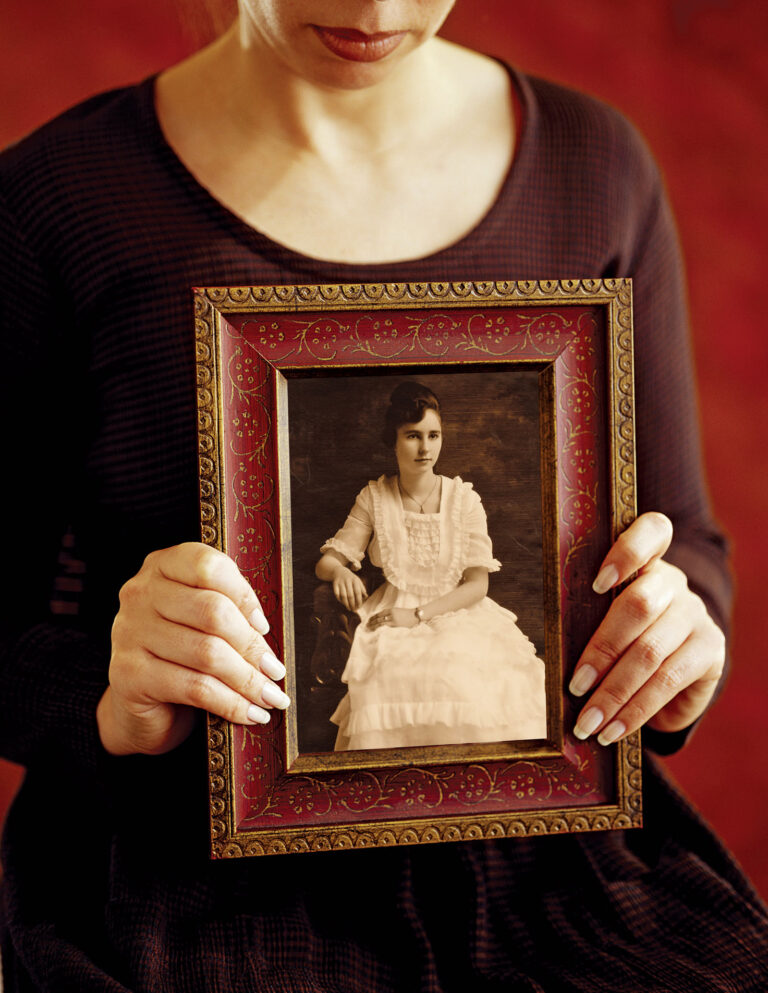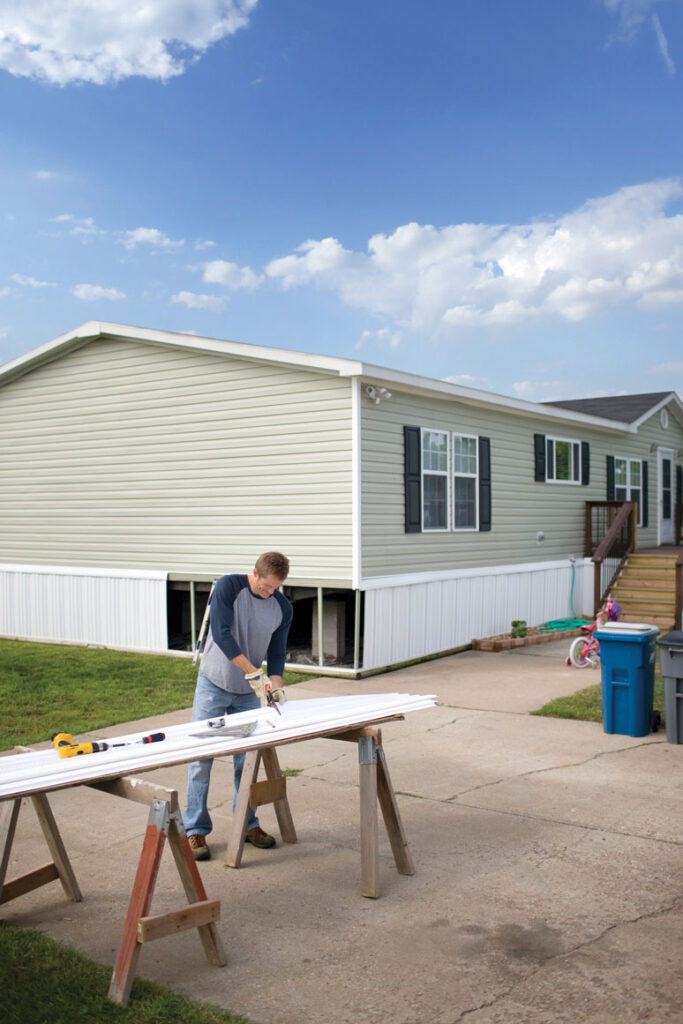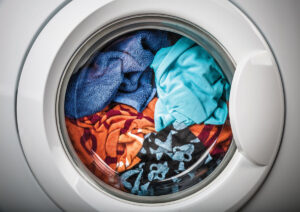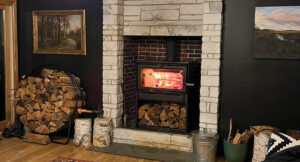 As I said last time, I have never had a person tell me that his/her house was too dry in the summer. On the other hand, I have had many folks tell me that their houses were too dry in the winter.
As I said last time, I have never had a person tell me that his/her house was too dry in the summer. On the other hand, I have had many folks tell me that their houses were too dry in the winter.
Many of us can remember buying electric humidifiers in the winter to put in a child’s room. I remember when my mother would place a large pot of water on the top of the non-vented gas heater to help add moisture to the air.
Just now, as I am writing this column, a fellow has called me from Kansas City to ask questions about his 16-year-old gas furnace. His house has 1,300 square feet and his HVAC dealer wants to install a new 100,000-BTU gas furnace and a 3-ton cooling system just like he has now.
After I talked to him for a few minutes, I told him it sounded like a pitiful answer to his problem. I said to him, “Your house can’t possibly be comfortable. He said, “It isn’t.”
He told me they had to use a humidifier all winter and needed a dehumidifier all summer. I asked him why he would let his HVAC dealer install another system that would perform just as lousy as the one he has now. I told him what he should do and he said he was glad he called.
To continue, I have also had hundreds of folks who have told me their houses were too wet and water was running down the window panes, on the mirrors, dripping out of the kitchen exhaust fan, etc. How can this be? Some are too dry and some are too wet.
Say this three times. This is not rocket science and if it was complicated, Doug Rye couldn’t understand it.
If the air in your house is too dry in the winter, you most likely have too much air infiltration and perhaps an oversized heating unit. Fireplace and gas flues can also contribute to the problem. Cold air cannot hold as much moisture as hot air. When you allow a cubic foot of cold air to enter the house and then heat it, it expands and has even less moisture per cubic foot than it had before it was heated.
Remember that you are trying to keep the relative humidity at about 40 percent to 50 percent. Well, when the relative humidity gets below those figures, you will notice it with a scratchy nose and throat. Your skin will also feel dry. If this is your problem, the solution is to implement the energy efficiency improvements I have been writing about for years, such as caulking, caulking, and caulking some more. Seal the ductwork to stop as much leakage as possible.
As you make your house tighter, it will retain some of the moisture that the occupant generates. If your house is all electric, try to stop as much outside air as possible from entering your house. If your house has a gas furnace, gas water heater, gas logs, or any other gas appliance, consideration must be given for sufficient combustion air and fresh air. In this case you may want to call a trained professional for help, or call me to answer your questions.
If the air in your house is too wet, you must simply reduce the amount of moisture in the house. You should make a list of all the things and places that might provide moisture to your house. If your house has a crawlspace, look there first. If you have non-vented gas logs, that may be the problem. If your bathrooms do not have exhaust fans, or if you are not using them, this is part of your problem. Houseplants can add lots of moisture to the air, too. Not using the kitchen exhaust fan when cooking can add to the problem, etc.
I wish it were possible for me to visit every reader’s house that is either too dry or too wet but obviously that is not possible, so I must just continue to help you by writing this column. If you do what I teach you, you will be a happy winner in both winter and summer. See you next month when the dogwoods start blooming!
Doug Rye can be heard on several different Illinois radio stations. You can go to Doug Rye’s Web site at www.dougrye.com, e-mail him at info@philliprye.com, or call 501-653-7931.








